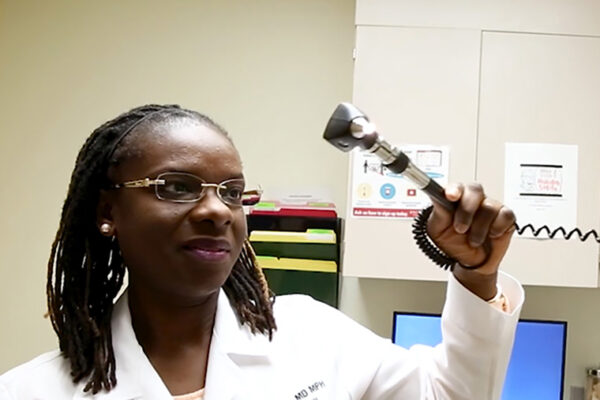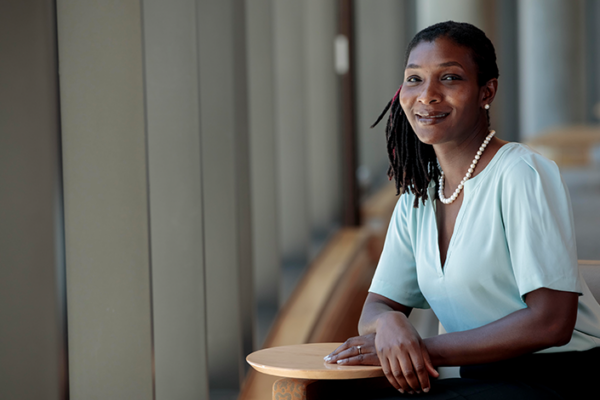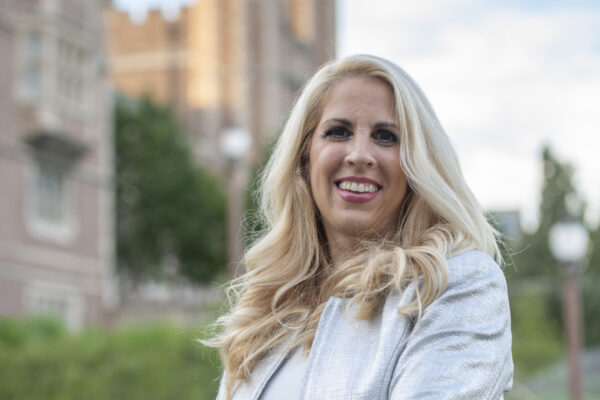Washington University joins newly formed action network
Washington University in St. Louis is part of a newly formed coalition designed to reduce racial, economic and spatial inequities in the St. Louis region.
Cancer moonshot grant funds research into reducing health disparities
Washington University School of Medicine has received a $17 million grant from the National Institutes of Health (NIH) to address disparities in cancer research, treatment and outcomes in underrepresented populations.
African American breast cancer patients less likely to receive genetic counseling, testing
Researchers at Washington University School of Medicine have surveyed cancer doctors to identify differences in physician attitudes and beliefs that may contribute to a gap in referrals to genetic counseling and testing between Black women and white women with breast cancer.
How the expanded child tax credit is helping families
American households making less than $50,000 are more likely than higher-earning families to spend the expanded child tax credit on essential expenses and tutors for their children, found a survey from the Social Policy Institute at Washington University.
Butler-Barnes receives NSF grant to study impact of racial violence
Sheretta Butler-Barnes, associate professor at the Brown School, has received a nearly $700,000 three-year grant from the National Science Foundation for a project titled “Black Parents’ Racial Socialization Competencies and Youth Outcomes in Response to Racial Violence.”
Along with child tax credits, invest in child development accounts
Democrats have called for a permanent expansion of the monthly child tax credit. In making the expanded credit permanent, lawmakers can leverage the power of child development accounts to build assets for all children in the United States, says an expert on asset building at Washington University in St. Louis.
17-year study of children associates poverty with smaller, slower-growing subcortical regions
Research from the lab of Deanna Barch shows a lasting relationship between childhood poverty, brain development.
COVID-19’s economic impact
The SARS-CoV-2 virus does not distinguish people’s skin color, educational attainments or the dollar amounts in their bank accounts, but the virus entered an unequal world and has had an unequal impact.
Self-reliance index offers opportunity to track sustainable, longer-term progress for refugees
To help address gaps in measurement and provide organizations with a tool to track the self-reliance of refugees and other displaced populations over time, researchers at the Brown School have developed a Self-Reliance Index.
Taking action in St. Louis
As co-founder and executive director of Action St. Louis, Kayla Reed, AB ’20, is committed to fighting injustice in her hometown.
Older Stories









